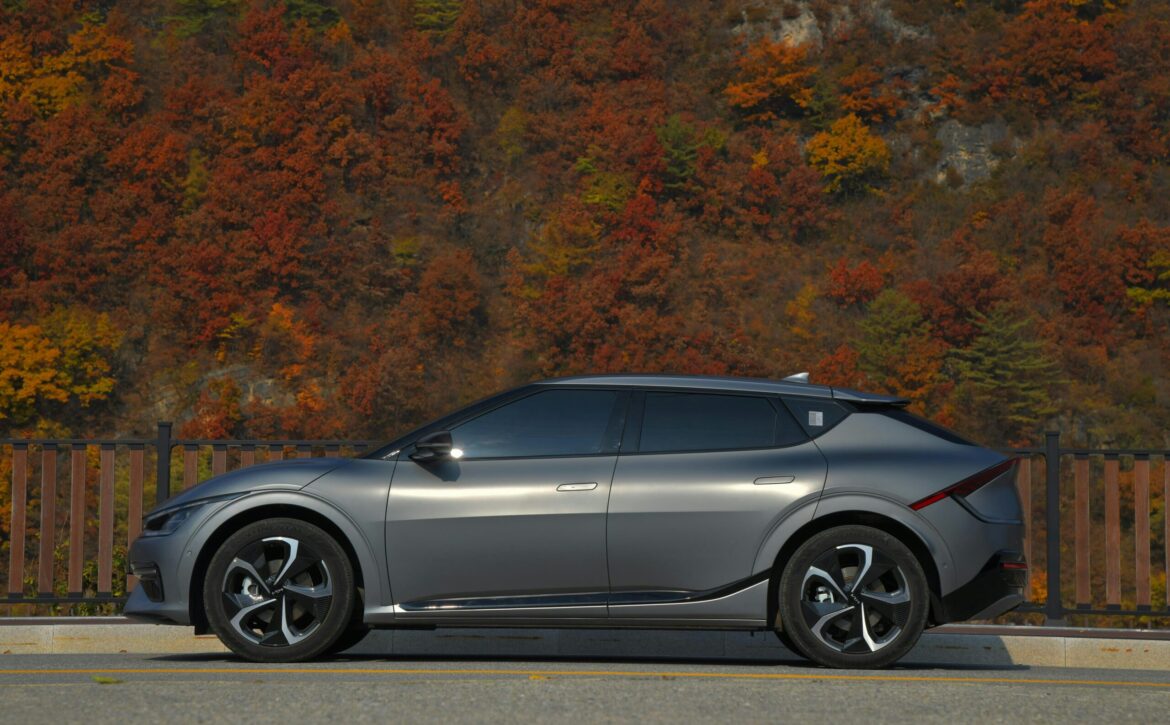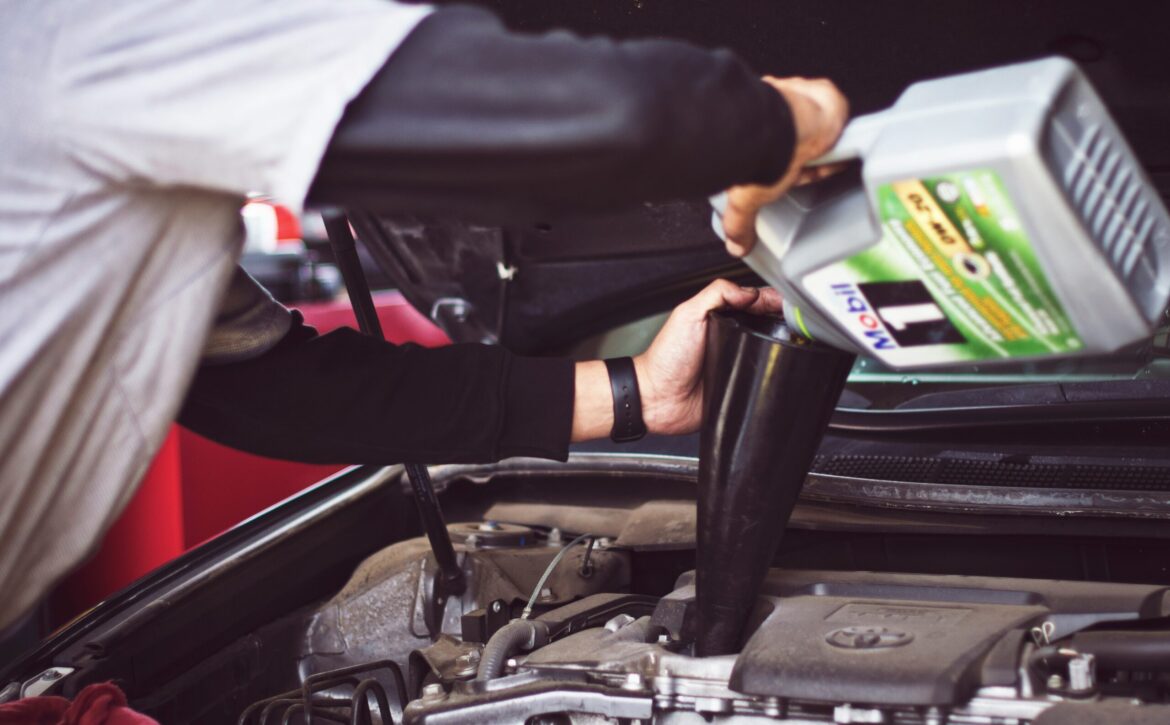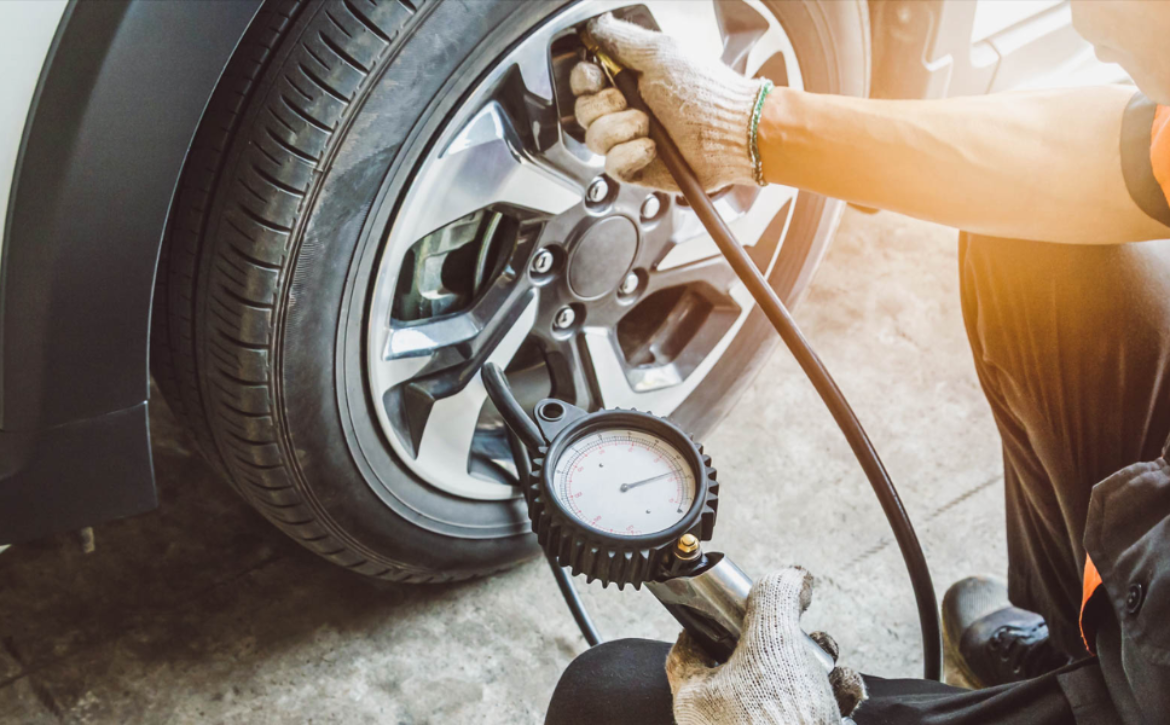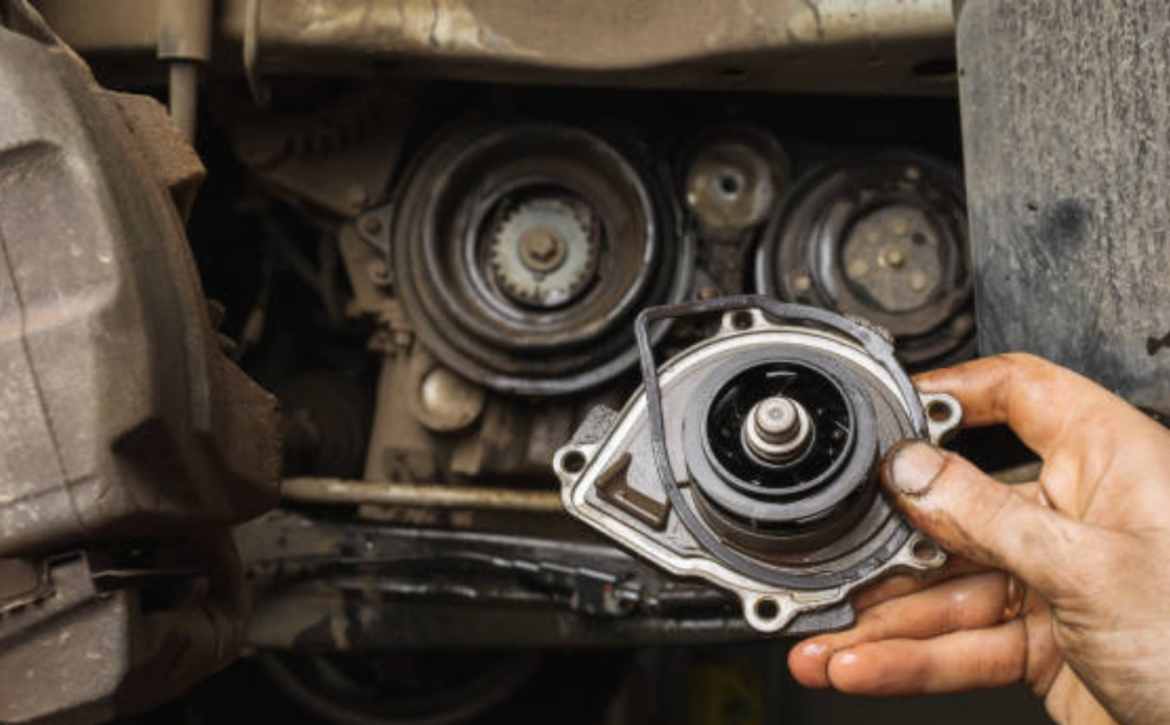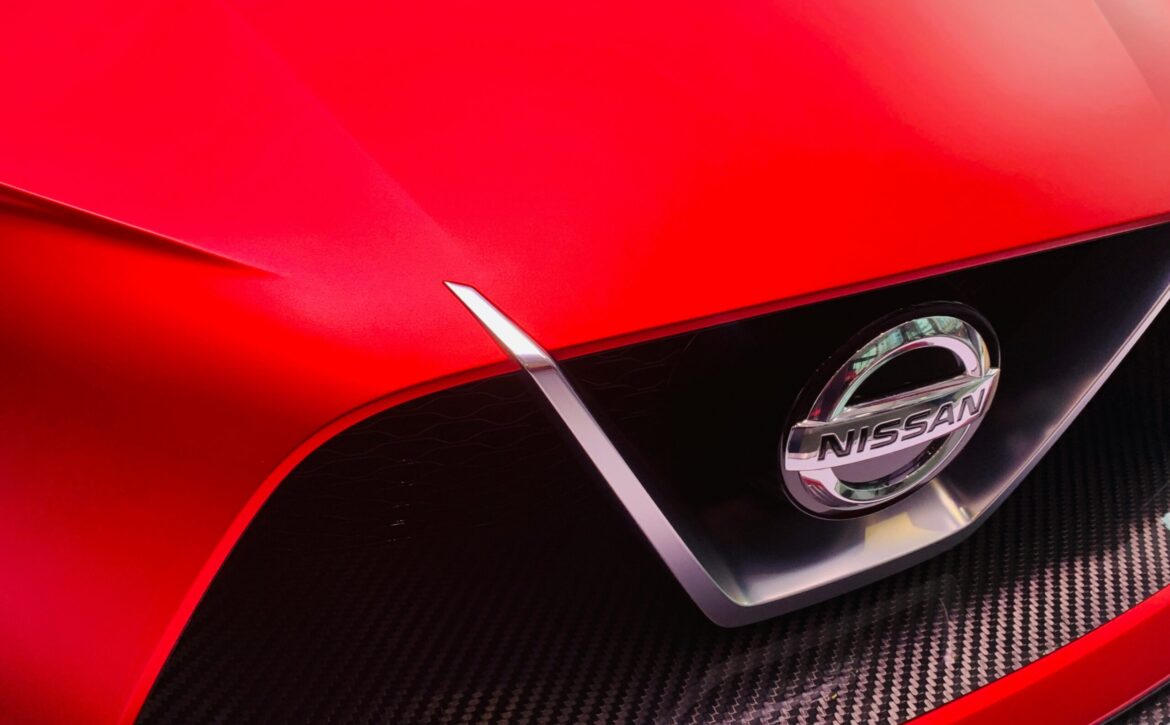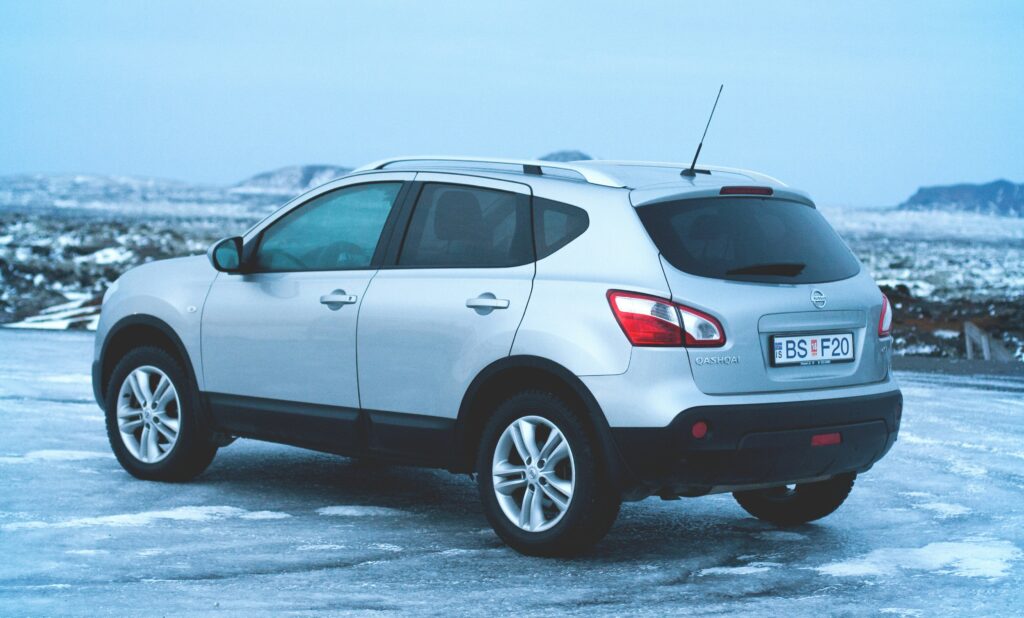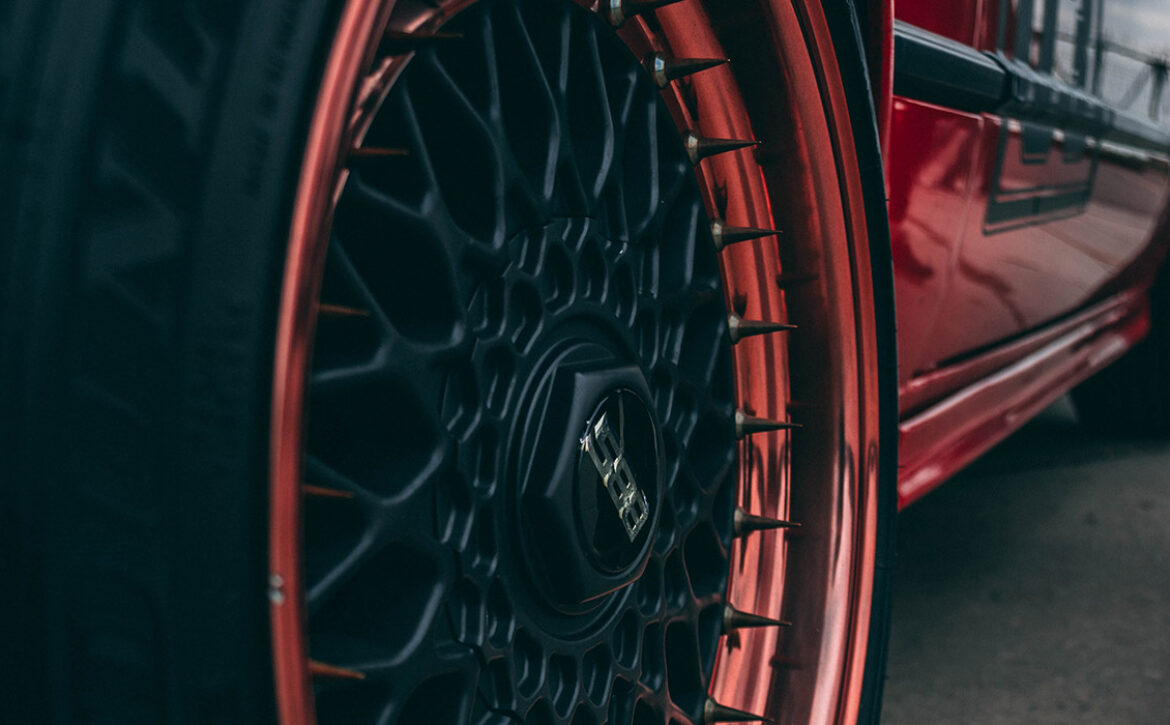The Future of Electric Vehicles in the UAE
The United Arab Emirates (UAE) has long been synonymous with oil wealth and luxury cars. However, in recent years, the nation has shifted its focus toward sustainability and innovation, with electric vehicles (EVs) playing a pivotal role in this transformation. As the UAE strives to reduce its carbon footprint and lead the way in sustainable development, the future of electric vehicles in the country looks promising. This blog explores the key factors driving the adoption of EVs in the UAE and what the future holds for this burgeoning sector.
Government Initiatives and Support
The UAE government has been instrumental in promoting the adoption of electric vehicles. Several initiatives and policies have been introduced to encourage both manufacturers and consumers to embrace EVs. Key initiatives include:
- Green Mobility Strategy: The UAE’s Green Mobility Strategy aims to increase the use of sustainable transportation. This includes setting targets for the percentage of government fleet vehicles to be electric and offering incentives for private-sector adoption.
- Financial Incentives: Various financial incentives are available to EV owners, including exemptions from registration fees and toll charges and reduced electricity tariffs for EV charging.
- Charging Infrastructure: The government is heavily investing in expanding the EV charging infrastructure. The Dubai Electricity and Water Authority (DEWA) has been a frontrunner, with plans to install hundreds of charging stations across the emirate.
Growing Market and Consumer Demand
Consumer interest in electric vehicles is on the rise in the UAE. Factors contributing to this growing demand include:
- Environmental Awareness: With increasing awareness of environmental issues, more consumers are opting for eco-friendly alternatives. EVs produce zero emissions, making them a preferred choice for environmentally conscious individuals.
- Cost Savings: While the initial cost of EVs can be higher than traditional vehicles, the long-term savings on fuel and maintenance make them an attractive option. Additionally, the availability of financial incentives further reduces the overall cost of ownership.
- Technological Advancements: Advances in EV technology, such as improved battery life and faster charging times, are making electric vehicles more practical and appealing to a broader audience.
Key Players in the UAE EV Market
Several key players are driving the EV market in the UAE, including:
- Tesla: As one of the most recognizable names in the EV industry, Tesla has established a strong presence in the UAE, with several showrooms and service centers across the country.
- Nissan: Nissan’s Leaf model is one of the most popular electric cars in the UAE, known for its reliability and affordability.
- Local Manufacturers: The UAE is also fostering local innovation, with companies like Al-Futtaim Motors and others developing homegrown EV solutions tailored to the regional market.
Challenges and Opportunities
While the future of electric vehicles in the UAE looks bright, several challenges must be addressed to ensure widespread adoption:
- Range Anxiety: Concerns about the limited range of electric vehicles and the availability of charging stations remain a significant barrier. Continued investment in charging infrastructure is crucial to overcoming this hurdle.
- High Initial Cost: Although EVs offer long-term savings, the high initial purchase price can deter potential buyers. More affordable models and increased financial incentives can help mitigate this issue.
- Public Awareness: Ongoing education and awareness campaigns are essential to inform the public about the benefits of EVs and dispel common misconceptions.
Connect us on Whats App
The Road Ahead
The UAE is poised to become a leader in adopting electric vehicles, driven by strong government support, growing consumer demand, and technological advancements. As the nation continues to invest in sustainable transportation solutions, the future of EVs in the UAE looks promising. With a concerted effort from the government, private sector, and consumers, the UAE can achieve its green mobility goals and pave the way for a cleaner, more sustainable future.
In conclusion, the UAE’s journey toward electric vehicles is a testament to its commitment to innovation and sustainability. As the country accelerates its efforts to embrace green mobility, the future of electric vehicles in the UAE holds immense potential, promising a cleaner, greener, and more prosperous tomorrow.







